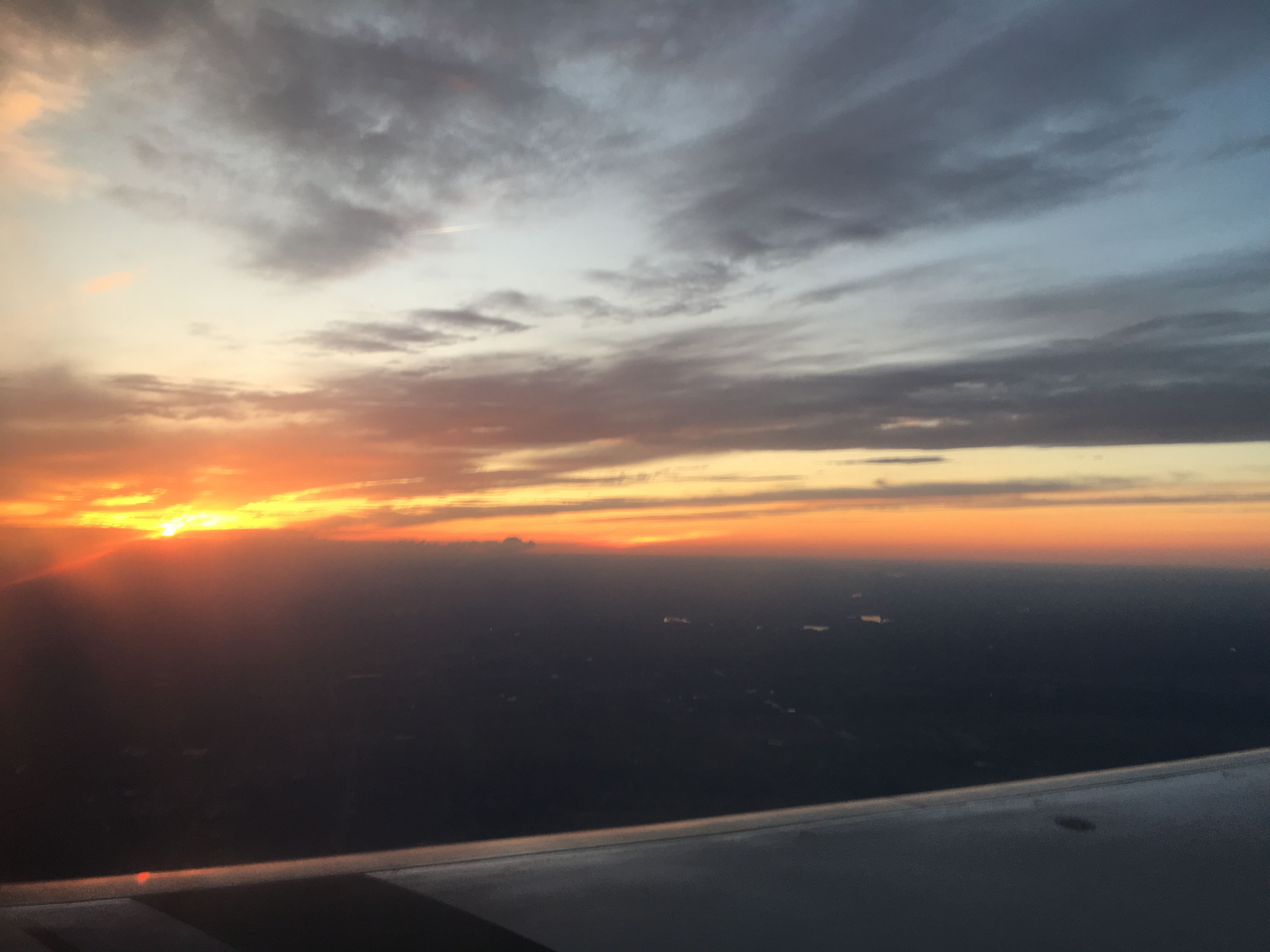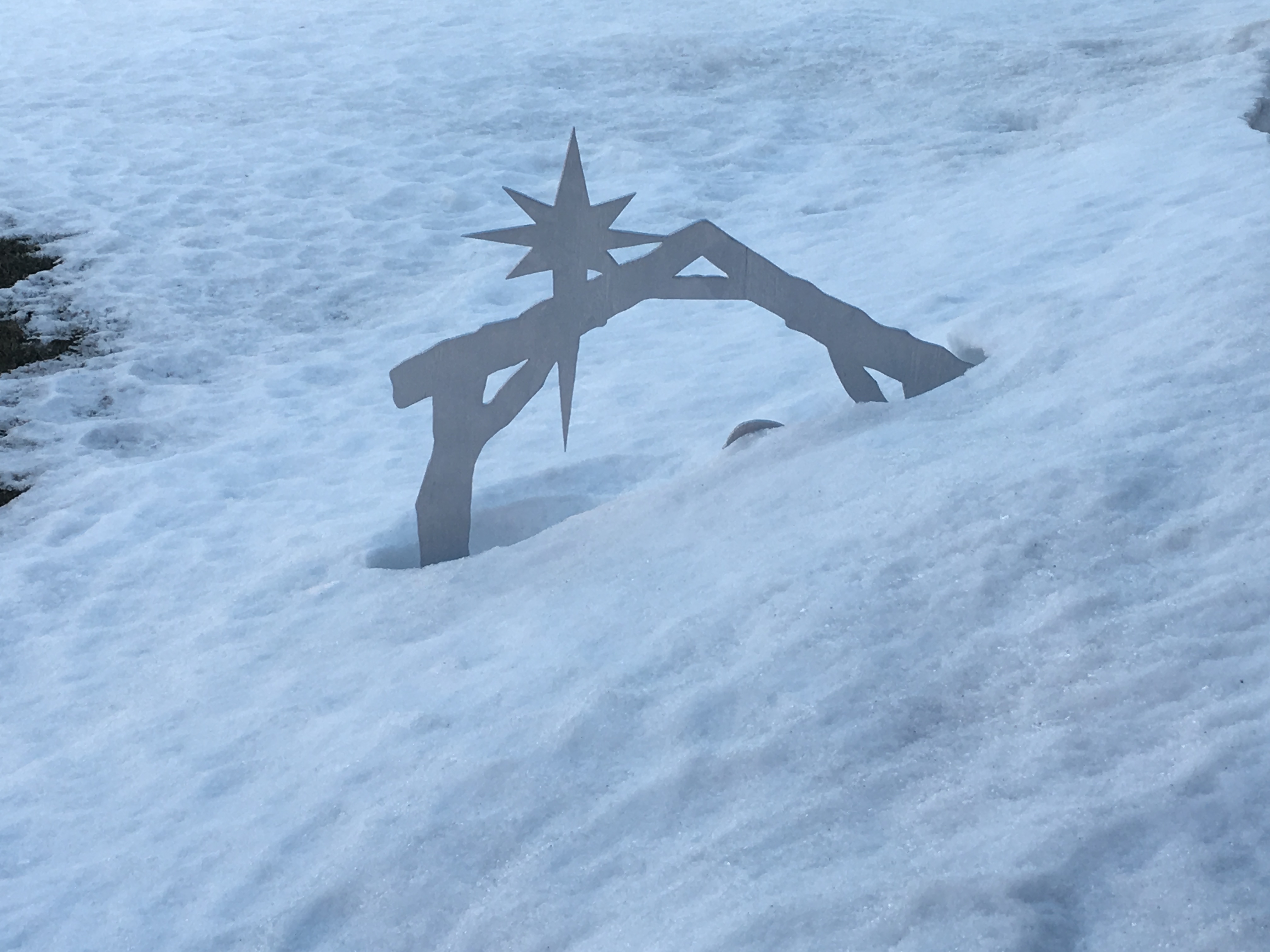Parenting is one of the greatest challenges in life. And our responses to the ever-changing realities in our children’s lives are never clear cut and never universally applicable. Because each human being is unique. We are not cookie-cutter robots wired with precisely identical operating systems.
Take, for example, two realities that are most common: our children’s friends, and homework. Let’s say you have two children a couple years apart in age. Let’s also say the oldest tends to enjoy reading and doing homework but also has a couple friends they like to skate with on the nearby ice rink in the park. The younger child, on the other hand, does not like to read and cannot sit still long enough to focus on homework. They would rather spend hours at the mall wandering about and hanging out with their friends.
When both come home after school, the late afternoon and evening before them, what will the parents say and do? Whatever you do, it might not be wise to apply the same response to the question they both pose: “Can I go out with my friends tonight?” To the first, you might encourage them not to be late meeting up with their friends and remember to have fun. To the other, you might have to say, “Only after you get some of your homework done first.”
My point is, it isn’t the same answer to each person, in each situation. Different circumstances and contexts necessitate sometimes the opposite response.
I look at the three so-called temptations Jesus’ faces.[1]And I discovered how each of his responses mirrors other situations in his life, ministry, death and resurrection. And, when comparing them, an opposite response.
For example, in the first temptation about food, Jesus rejects the devil’s invitation to multiply some bread from stones. Jesus refuses in the desert to turn stones into bread to satisfy his own hunger. But before long he will feed thousands in the wilderness with just a few loaves and some fish[2]. And he will teach his disciples to pray to God for their “daily bread”[3]. First, he doesn’t multiply bread. Then he is doing it in a major way. An opposite response in a different situation.
In the second test, Jesus refuses to take advantage of his relationship to God by hurling himself down from the heights of the Temple. But at the end of his earthly ministry he endures the taunts of others[4]while trusting God’s power to the end upon the heights of a Roman cross[5]. He first refuses to fall from the highest point. Then, he makes the biggest fall, so to speak. The opposite answer in a different situation.
Finally, He turns down the devil’s offer of political leadership over the kingdoms of the world. But later, he instead offers the kingdom of the heavens to all those who follow him in the way of righteousness. He goes from denying lordship over all, to offering all the kingdoms to all who follow him. Again, the opposite answer in a different situation.
Jesus has been led by the Holy Spirit for a purpose: to be tested[6]by the devil. The test is not that food, power and leadership are inherently wrong, but rather that they can be used for the wrong ends, or at the wrong time.
The tests play again in the life and ministry of God’s beloved son. The answers are different on different occasions. The wilderness tests are not a one-time ordeal to get through, but they are tests of preparation for the choices Jesus makes throughout his earthly ministry.
Is there a common link underlying the various responses? I believe Jesus is exercising how to trust God’s presence and love, and for the sake of others. Throughout the scriptures, the wilderness represents a place of preparation, a place of waiting for God’s next move, a place of learning to trust in God’s mercy. He is getting ready for what comes next to practise again choices that are based on trusting in God’s loving presence for all.
What happens in the wilderness does not stay in the wilderness. Because we know at the start that Jesus will endure the testing, it is therefore more a story for our own instruction. It is the very place where our vulnerability, whatever it is and different it will be from one person to the other, is exposed. And we must face it. And deal with it. We are called to embrace our own vulnerability as the very place where Christ meets us, and where we learn how to trust God’s presence and love.
The wilderness is the testing ground where we exercise choices, and make decisions. We practice, because when we leave the desert we will be better aware of how to meet the next challenge. In each occasion and circumstance, the decision might be different, even opposite, from the response we gave last time.
The exercise grounds will never yield perfect results nor perfect answers from us each time. This is not a perfectionist’s journey. Parenting is never a perfect exercise. No one gets perfect marks as a parent. For each it is the trial-and-error, two-steps-forward-one-step-backward kind of journey. However, “The steps you take don’t need to be big; They just need to take you in the right direction.”[7]
When Ottawa Senators’ forward, Bobby Ryan, took to the ice last Thursday, it was his first game played since November. During that time, he was in a program dealing with his alcoholism. When he scored not one but three goals in a Senators’ victory, the crowd cheered his accomplishment not only on the ice but especially for his courage through the journey of addiction recovery. Perhaps the cheering was an acknowledgement too of our common, broken humanity. That each and every one of us has to face our own demons in the wilderness of our own vulnerability.
For when we get closer to Jesus, we will necessarily journey through the wilderness of our lives. Jesus walked that path. Christ walks that path with us.
The promise of the Matthew’s gospel is that the one who goes with us is “with us always, even to the end of the age”[8]. Jesus has already gone ahead of his followers, even to the most forsaken places of the wilderness. He meets us in the most difficult tests of our own lives. No place is so desolate, so distant, or so challenging that Jesus has not already been there. No test or temptation is so great that Jesus has not already overcome it.[9]
In the wilderness we can make small choices that point us in the right direction. The steps we take don’t need to be big, they just need to take us in the right direction. We’re likely not going to make bread out of stones nor accomplish the grandiose spectacles portrayed in Jesus by the Gospel writers.
But we can learn to develop a growing trust in God’s presence and love for others. Based on this, we begin to make choices and develop good habits in each situation we face. They say it takes 40 days to change a habit – to retrain the mental process and nervous system. Practicing anything for at least 40 days allows you the opportunity to incorporate it into your being, turn on, wake up, transform! Each day, in the right direction. One day at a time.
May these forty days of Lent empower, encourage and deepen us in God’s presence and love.
[1]Matthew 4:1-11
[2]Matthew 14:17-21; 15:33-38
[3]Matthew 6:11
[4]Matthew 27:38-44
[5]Matthew 27:46
[6]The underlying Greek word has traditionally been translated into ‘temptation’. But this word means as much a test as a temptation.
[7]In Marvel’s Agents of Shield, season 5, said by the character Simmons.
[8]Matthew 28:20
[9]Thank you to Audrey West for her commentary on this text from February 10, 2008 at http://www.workingpreacher.org/preaching.aspx?commentary_id=37




